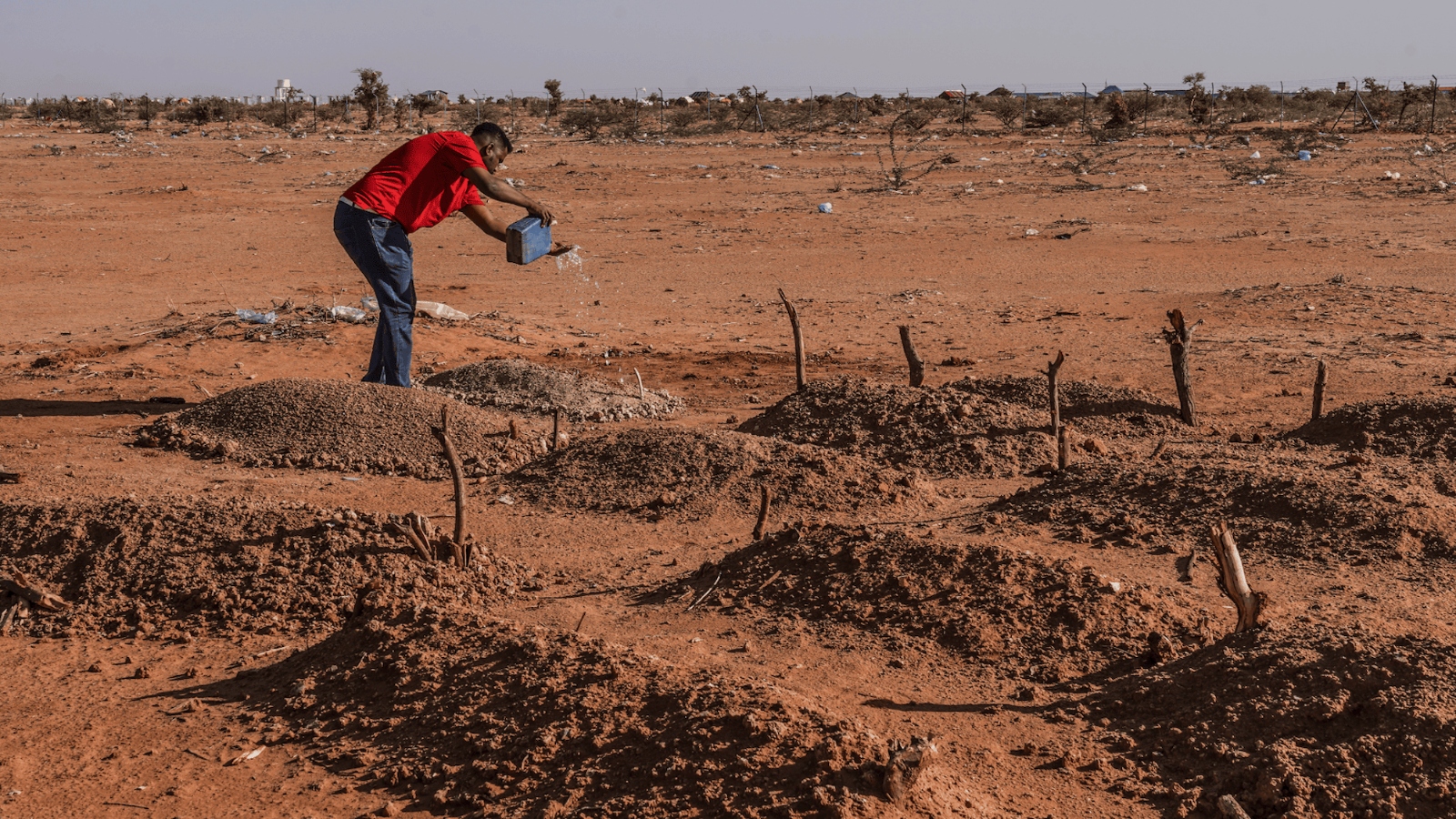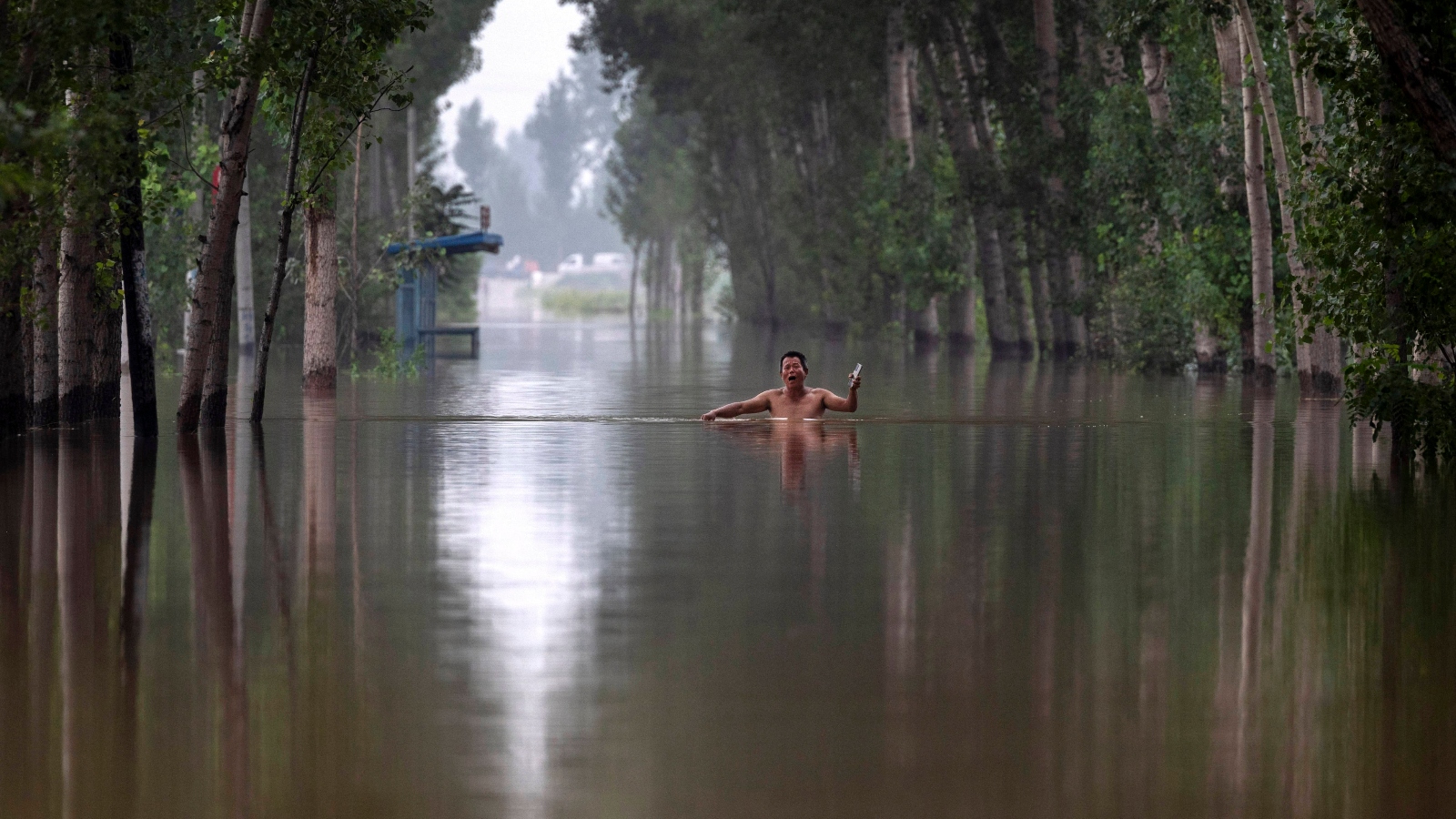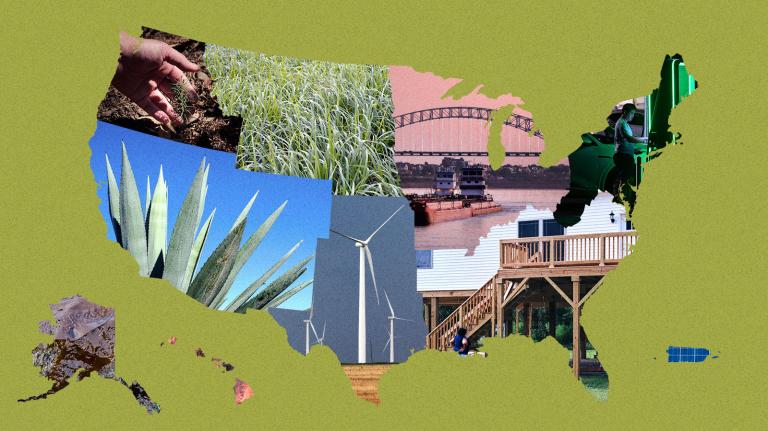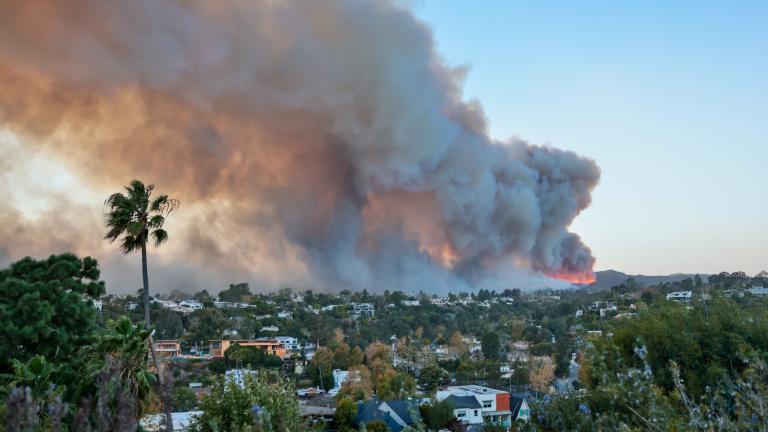Eight years ago, the medical journal the Lancet began compiling the latest research on how climate change affects human health. It was the first coordinated effort to highlight scientific findings on the health consequences of climate change, published in the hopes of making the topic more central to global climate negotiations. The Lancet’s annual reports on this topic, which summarize research conducted by dozens of scientists from leading institutions around the world, have become increasingly dire in tone.
On Tuesday, the journal published its most damning installment yet. Drawing on research published in 2022 and preliminary data on record-breaking heatwaves and floods in 2023, the Lancet Countdown on Health and Climate Change warns of “irreversible harms” due to limited success mitigating the sources of global warming, primarily fossil fuel combustion. “The rising risks of climate change,” the report says, are “threatening the very foundations of human health.”
In a press briefing call last week, experts said the health impacts associated with extreme heat and food insecurity spurred by drought and flooding were among the most concerning developments documented in the new report. Annual heat-related deaths between 2013 and 2022 were 85 percent higher than in the period between 1991 and 2000 — more than double the increase that would have occurred in the absence of man-made warming. The global land area affected by drought between 1951 and 1960 — 18 percent — increased to 47 percent between 2013 and 2022. The confluence of climate-driven heat and drought have put 127 million people at risk of moderate or severe food insecurity. Marina Romanello, the executive director of the Lancet Countdown, called this finding on food insecurity one of the “most shocking” outcomes of this year’s report.

Unlike prior Countdowns, this year’s report includes projections of the ways climate change will influence human health under a scenario in which global temperatures increase, on average, 2 degrees Celsius (3.6 degrees Fahrenheit) over preindustrial levels. Such warming would produce a 370 percent increase in annual heat-related deaths, put an additional 525 million people at risk of experiencing moderate or severe food insecurity, and potentially spur a 37 percent increase in the spread of the deadly mosquito-borne virus dengue.
None of these impacts is inevitable. Reducing the world’s reliance on fossil fuels is a surefire way to lessen the future effects of climate change on public health. And providing poor countries with funding to protect their residents from the health consequences of disasters, disease, and other climate-fueled health impacts can save lives. Right now, less than 1 percent of international climate adaptation spending goes to funding health-related projects.
The Lancet Countdown is published every year ahead of the annual Conference of the Parties, or COP — the global United Nations conference responsible for producing the Paris Agreement and other international climate accords. The timing of the publication of the report is aimed at prodding climate negotiators to take its findings into account in their discussions. This year’s COP28, to be held in Dubai at the end of the month, will feature a “health day” for the first time in the event’s history — a signal that the climate and health overlap is finally becoming more than just an afterthought for negotiators.

Even so, there are limits to what researchers, well-timed reports, and health-focused days can accomplish. “I sometimes describe the health sector as the newest kid on the block when it comes to the climate discourse,” said Ramon Lorenzo Luis Guinto, director of the planetary and global health program at St. Luke’s Medical Center College of Medicine in the Philippines. He said the Lancet reports, which he isn’t involved in, have helped raise awareness about this overlap. But Guinto also noted that the reports have been getting bleaker every year.
“I don’t know if it’s a vicious cycle or a gloom-and-doom continuum,” he said.
The growing recognition that the health effects of climate change need to be addressed is a silver lining, Guinto said, but health professionals are not yet involved in the actual negotiations taking place at COP28. “We still can’t enter the negotiating room,” he said. “At the end of the day, health is on the side. It’s not yet part of the main DNA of the climate negotiations.”




